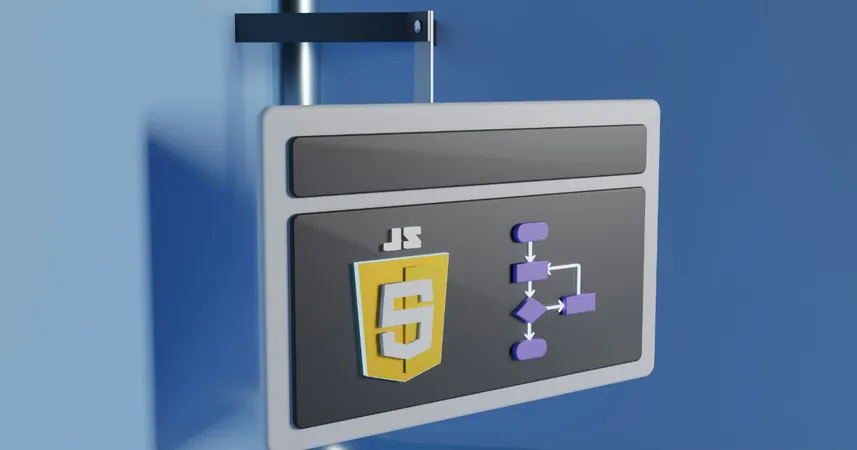
Deno 2 Launches with Major Enhancements for Seamless JavaScript Integration!
2024-12-31
Author: Rajesh
Overview
The Deno team has proudly announced the release of Deno 2, a game-changer in the world of JavaScript that focuses on interoperability with legacy systems while enhancing usage at scale. This significant update promises to streamline the development process and help teams transition smoothly from Node.js with its added efficiency.
Backward Compatibility
One of the standout features of Deno 2 is its impressive backward compatibility with Node and npm, allowing developers to seamlessly run Deno within any existing Node project using ECMAScript Modules (ESM). This capability means that thousands of Node.js projects can benefit from Deno without a complete overhaul. To facilitate this transition, Deno 2 supports essential components such as `package.json` and the `node_modules` directory, ensuring a familiar environment for developers. Those small syntax issues that can trip you up? Deno 2 has you covered with the `deno lint --fix` command to address them quickly.
Using npm Packages
Imagine being able to use popular npm packages effortlessly! With Deno 2, developers can import npm packages using a simple specifier. For instance, importing the popular `chalk` package becomes as easy as: ```javascript import chalk from "npm:[email protected]"; console.log(chalk.blue("Hello, world!")); ```
Import Maps Functionality
Moreover, the enhanced import maps functionality allows developers to set a bare specifier for npm packages, making code much cleaner and more manageable.
Web Framework Compatibility
Deno 2 also expands its compatibility with a wide range of web frameworks including but not limited to Next.js, Astro, Remix, Angular, SvelteKit, and QwikCity. The support for these frameworks highlights Deno’s commitment to integrating seamlessly into the modern web development landscape.
Dependency Management
In terms of dependency management, Deno 2 introduces several robust commands: `deno install`, `deno add`, and `deno remove`. These commands not only simplify package management but also enhance the developer's ability to maintain an organized project with a clear `package.json` file.
Deno Standard Library
The Deno Standard Library included in version 2 is now stable and comes packed with various audited utility modules that cater to everything from data manipulation to JavaScript-specific functionalities. Developers can explore the extensive module list in the Deno’s JavaScript Registry (JSR), an innovative open-source registry that supports ECMAScript Modules and TypeScript packages natively.
JavaScript Registry (JSR)
One of the compelling features of JSR is its ability to handle module loading intricacies across various environments, leading to smoother project workflow. Notably, JSR auto-generates documentation from JSDoc-style comments, making it easier for developers to maintain code and share knowledge within teams. Additionally, it ensures that TypeScript is treated with the respect it deserves by converting TypeScript into both .js and .d.ts files for broader compatibility.
Workspaces Support
Lastly, Deno 2 introduces support for workspaces, also known as "monorepos," which enables the management of multiple related packages seamlessly. This feature streamlines the process, allowing for smoother transitions from npm workspaces, enhancing team productivity and project coherence.
Conclusion
Deno 2 is certainly set to transform how developers interact with JavaScript environments, making it a must-try for anyone looking to stay ahead in the ever-evolving world of web development!




 Brasil (PT)
Brasil (PT)
 Canada (EN)
Canada (EN)
 Chile (ES)
Chile (ES)
 España (ES)
España (ES)
 France (FR)
France (FR)
 Hong Kong (EN)
Hong Kong (EN)
 Italia (IT)
Italia (IT)
 日本 (JA)
日本 (JA)
 Magyarország (HU)
Magyarország (HU)
 Norge (NO)
Norge (NO)
 Polska (PL)
Polska (PL)
 Schweiz (DE)
Schweiz (DE)
 Singapore (EN)
Singapore (EN)
 Sverige (SV)
Sverige (SV)
 Suomi (FI)
Suomi (FI)
 Türkiye (TR)
Türkiye (TR)